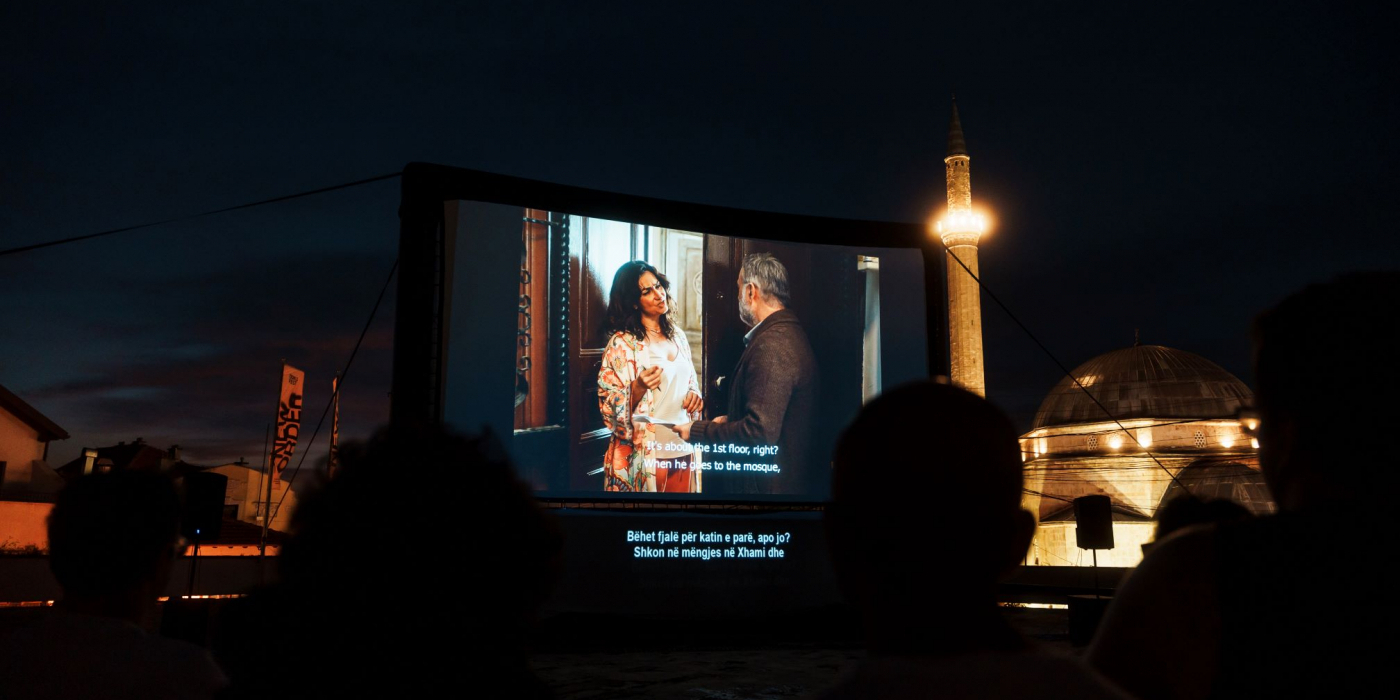10/08/2024
Thursday nights’ screenings of International Shorts covered topics like discrimination and addiction, and although heavy subjects, the films presented some light and hope in the midst of darkness.
Not every dark tunnel has a light of hope, but with these films, we feel some. The hope is provided because the directors got to know and love their subjects first, and then decided to make these short films.
The films are titled “Streetlight” set in Paris, “Minus One” from Turkey, “Rinha” from Brazil and “Hun Tun” in the Czech Republic.
Thought provoking stories, and powerful as many short films are, as they have to come to their point quickly and effectively, as there just isn’t the screen time of a feature length.
Character development, plot lines and back stories need time, that most precious resource. These are one-act efforts, which some directors say are the most difficult of all films to make. Why? Because if you can’t deliver the goods in 90 minutes or more, how can you in 15 or 20?
Retired professor and good friend Dr Paul Rutter of Kamenica attended the films with me, and he was very impressed with the evening. “I took away in all four films messages that are metaphors for life’s quandaries one faces in various stages of life. Minus One was my favorite as it showed the comical machinations a person in a leadership role who tries to keep all of one’s staff content. It was comical in how the super was having to juggle all the various requests only to learn a lesson if he had been accepting he would live a happier calmer life—a great message for all of us!”
‘Streetlight’ follows a Paris crossing guard, who brings life and energy to his mundane job. The director, Romain Dumont, was an instant fan and so decided to film him. “He said, ‘Hey man, why are you filming me?! And from there I told him I thought the way he did his work was so beautiful, and so nice and joyful. I asked him if he wanted to make a movie, and he agreed. He was the first friend I made after moving to Paris.”
The second film “Minus One” directed by Ömer Ferhat Özmen follows Enver, a landlord who wants the migrants in the basement of his building out. But one day, a bowl of rice changes everything for him. Sometimes it is the smallest things.
Enver petitions the buildings tenants to get them out, but none of the residents agree with him. In the end, he is offered food, not knowing it came from them, enjoys it, and so finally a bridge is built.
The director got the idea for the film by his own career in real estate, and watching how migrants are treated in some cities of Turkey, and their lack of acceptance by locals.
The short film “Rinha” from Brazilian director Rita Pestana, hit the hardest for me. A young lady cares for her alcoholic father. After he is gone, she lives on, and so too his memory.
When should you leave a loved one? Or should you never leave? When someone you love is spiraling down, what can you do? And where should you be?
If someone knows the answer, tell us. Brutally tough are the times that a family can deal us, but such times can prove love, and refine it like gold. In this film, we feel the palpable love of a daughter for her self-destructing father.
“This film looks at what happens when we decide to leave someone, not because we want to, but because we need to. There is a big difference there. The person leaving will know they face difficulty and tension over the decision because they left someone they really care about.”
The last film of the evening “Hun Tun” was a visually stunning, avant garde short on a mythological creature named Hun Tun, the captain of chaos.
We each try to control our lives, and love the feeling of control, but it’s illusory according to our director, Magdalena Hejzlarová. Hun Tun the god of chaos lurks, has his will, and he’s been around since the beginning. He knows these streets, he lives here.
By: Scott Hoy
Photo: Furkan Çelik



